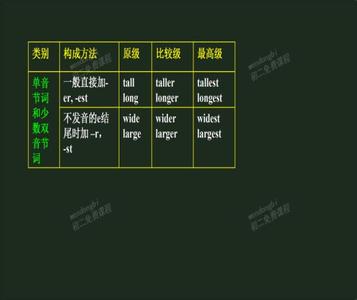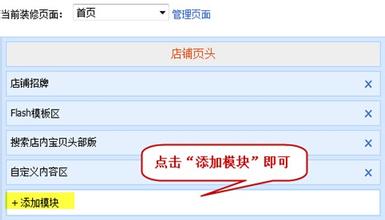1. 清辅音变浊辅音
A: 一般在音节开头的[s]后的清辅音变成与其相对应的浊辅音。常见的有[sp]>[sb], [st]>[sd], [sk]>[sg],[str]>[sdr]这四种情况。
sport space speak spoon spray
stair stand start study steam stick
skirt skate sky ski school
stream street strike strict string
在音节结尾和单词结尾时并不需要浊化。例如:
first risk mist fist bask mask crisp scientist
B: 两个元音中间的[t]要浊化成[d],尤其在美音中出现。例如:better 的口语读音要变[t]为[d],但不要发得特别明显。
water letter matter better
Not at all.
What a nice surprise!
What about going to a movie?
2. 不完全爆破音 (发现部分音标在系统中不识别,有时间再改正)
A: 两个或两个以上的爆破音相连,只爆破最后一个爆破音,其他爆破音只需做出口形即可。如:
act [?(k)t] act two [?(kt) tu:]
B: 爆破音后跟破擦音[t.]、[d9]时,爆破音失去爆破。如:
picture ['pi(k)t.?] that judge [e?(t) d9?d9]
C: 爆破音后跟摩擦音时只需做出口形,不爆破。如:
breakfast ['bre(k)f?st]
D: 爆破音后跟鼻音时,爆破音亦不爆破。如:
good morning [gu(d) 'm?:ni0]
3. 不发音的辅音(发现部分音标在系统中不识别,有时间再改正)
前面单词以辅音结尾,后面的单词以辅音开头,这是前面单词词尾的辅音不发音。这种情况不发音的辅音有:[p] [b] [t] [d] [k] [g] [f] [v]。
A: [p] Help me. ['hel-mi]
B: [b] I like Bob. ['lai b?(b)]
C: [t] Sit still. ['si-stil]
D: [d] Would you mind my sitting here? ['main-mai]
E: [k] I don't like them. ['lai-e?m]
F: [g] It's a big ball. ['bi-b?:l]
G: [f] We're out of bread. ['au-d?-bred]
H: [v] Give me a hand. ['gi-mi]
4. gonna, wanna, gotta(发现部分音标在系统中不识别,有时间再改正)
A: be gonna ['g?n?] – be going to 将要,打算
I'm gonna do this right now.
B: wanna ['w?n?] – want to 想要
I wanna take a break.
C: ('ve /'s) gotta ['g?t?] – have / has got to 不得不,得 (注:在此结构中,'ve/'s常常被省略。)
It's late. I gotta go now.
5.连读(发现部分音标在系统中不识别,有时间再改正)
前一词的词尾是辅音,后一词的词首是元音,这两个单词就要连读。例如:
Take it easy. [,teiki 'ti:zi]

如果以字母r或re结尾的单词在紧跟其后的单词连读时,需要在中间加进一个[r]音。比如there is就要读作[e??riz],far away读作[,fa:r?’wei]。
以下为连读例子:
up and down put it on not at all take off hand up stand up good idea pick it up
6.缩读
I'm you're he's she's it's we're they're that's there's here's where's
I've you've we've they've he's (he has) she's (she has) it's (it has) I'd (I had)
I'll you'll he'll we'll isn't aren't don't won't (will not) can't let's等。
 爱华网
爱华网



